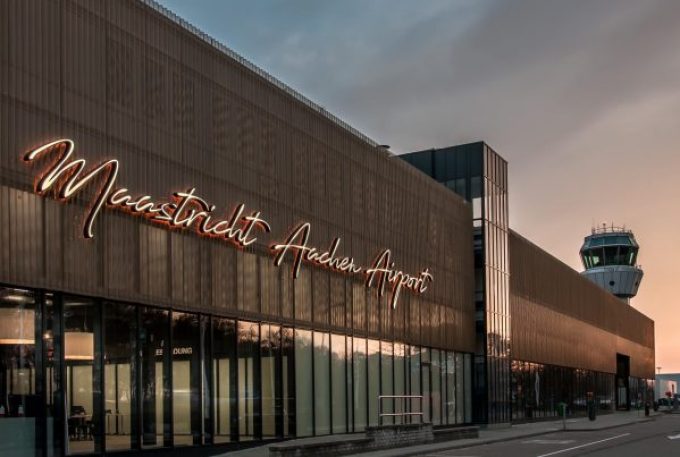Maastricht airport appoints Peter Penseel to supervisory board
Maastricht airport continues to try to boost its cargo credentials, now appointing Peter Penseel to ...

With disarray at Schiphol Airport (AMS) over slot restrictions, which have hampered freighter operations, shippers and forwarders think Maastricht (MST) could be an attractive alternative – with the proviso that it needs investment and more connections.
“We see continued uncertainty about the number of slots at Schiphol Airport. Airlines, forwarders and shippers are looking for alternative uplift capacity in the region,” Maarten van As, MD of Air Cargo Netherlands, told The Loadstar.
And CEO of Maastricht Airport, Jonas van Stekelenburg, had ...
Maersk u-turn as port congestion increases across Northern Europe
Apple logistics chief Gal Dayan quits to join forwarding group
Maersk Air Cargo sees volumes fall as it aims for 'margin in favour of revenue'
Houthis tell Trump they will end attacks on Red Sea shipping
Transpac rates hold firm as capacity is diverted to Asia-Europe lanes
Airlines slash freighter capacity post-de minimis, but 'the worst is yet to come'
MSC revamps east-west network as alliance strategies on blanking vary
India-Pakistan 'tit-for-tat' cargo ban sparks sudden supply chain shocks

Comment on this article